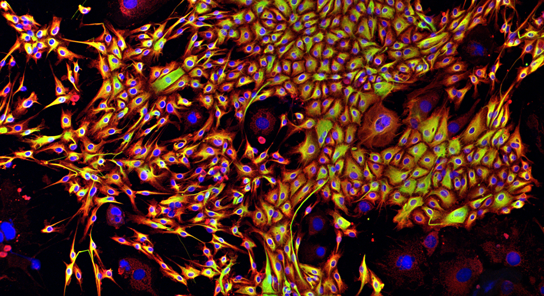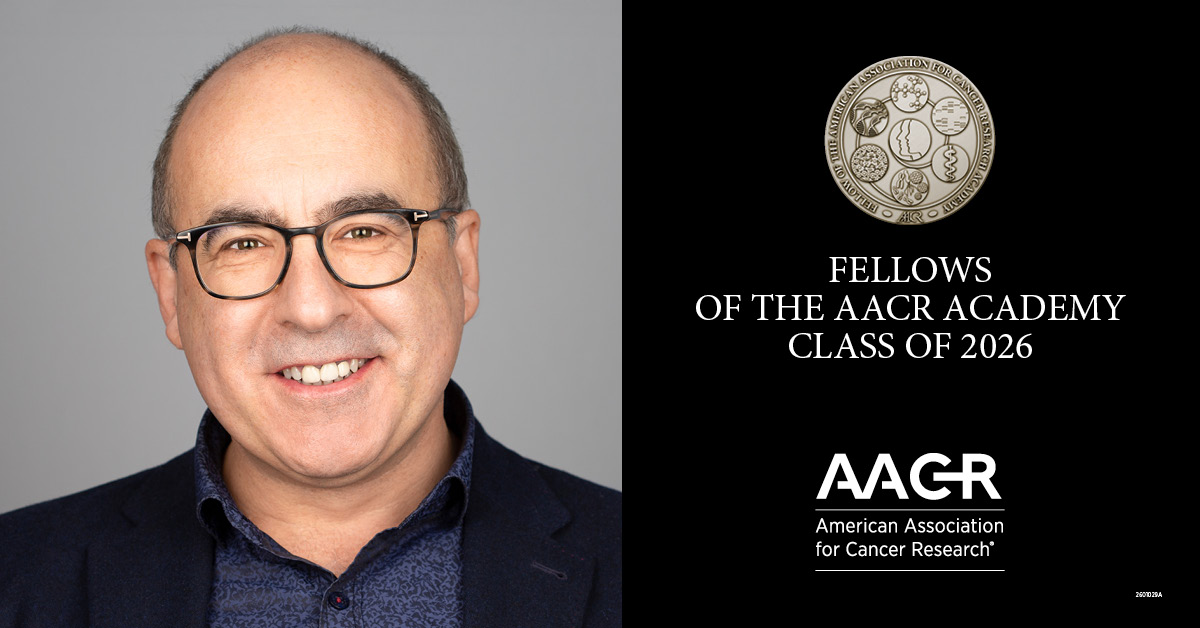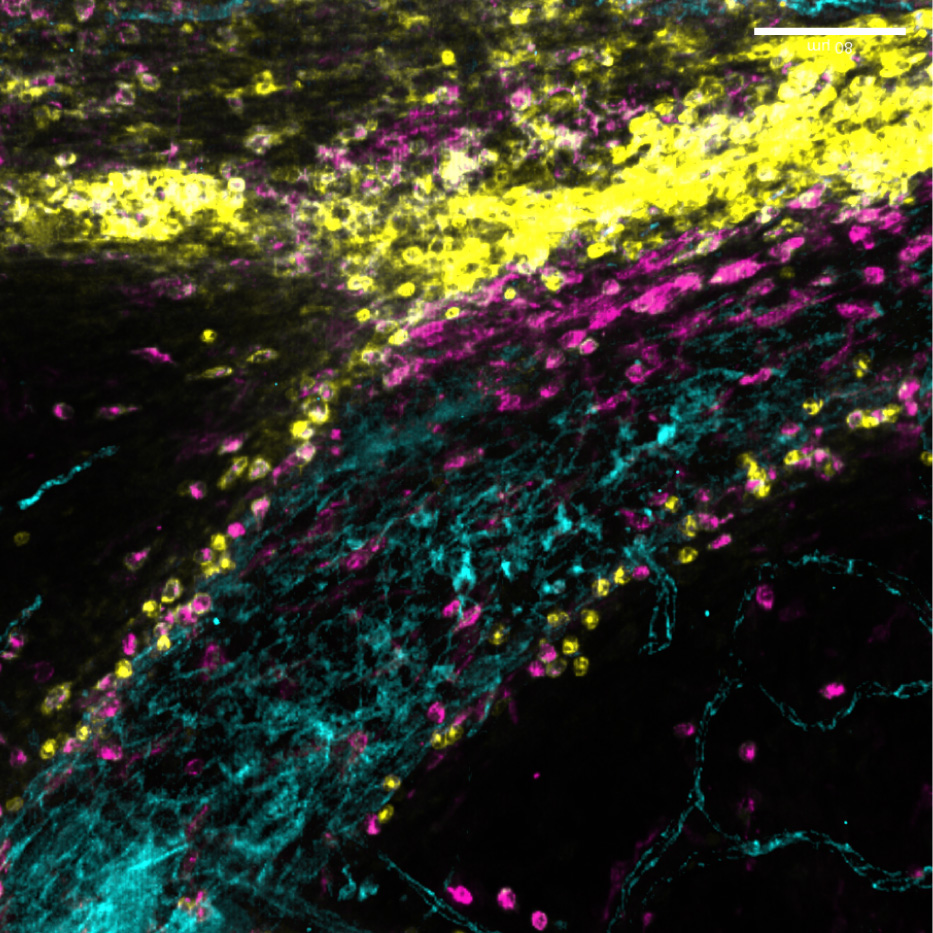Scientists crack the code to tamoxifen resistance

Scientists have discovered the molecular basis for tamoxifen response in breast cancer cells – and the reason why some women can develop resistance to the treatment, according to a study published in Nature this week.
Tamoxifen is given to most women for five years after they are first diagnosed with breast cancer to help prevent the disease from coming back but some women develop resistance to the treatment after time, meaning their cancer is more likely to return.
Researchers at the Cancer Research UK and University of Cambridge Cambridge Research Institute have discovered for the first time the mechanism by which the breast cancer therapy tamoxifen operates. It switches off a breast cancer gene ErbB2 via a protein called Pax2. Pax2 acts as a ‘switch’ to keep ErbB2 switched off. Tamoxifen resistance occurs when ErbB2 remains switched on.
Previously it was known that tamoxifen worked by blocking oestrogen from causing unchecked cell growth in breast cancer by switching certain genes on but the mechanism by which this occurred was unknown.
Lead author, Dr Jason Carroll based at the Cambridge Research Institute said: “We knew that women developed resistance to tamoxifen but previously our understanding of why this occurred could be compared with trying to fix a broken car without knowing how the engine worked. Now we understand how all the engine parts operate and we can try to think about ways to make repairs.
“We have discovered that for tamoxifen to work it has to block the gene ErbB2 and it does this by using a control switch that is hidden in the background of the genome, within the ErbB2 gene itself. In order for tamoxifen to be effective, this switch must be held in the off position by Pax2. Now we understand how women can develop tamoxifen resistance.”
The production of oestrogen can cause breast cancer cells to grow and divide but tamoxifen prevents oestrogen from causing breast cancer cells to grow, helping to lower the risk of the disease returning. Most women have breast cancers that are stimulated to grow by oestrogen but not all.
Breast cancer is the most common cancer in women in the UK. More than 45,500 women are diagnosed with the disease each year – 125 women a day, and the disease causes almost 12,500 deaths each year. Eight in 10 cases of breast cancer are diagnosed in women over the age of 50.
Related News
See all news-

1M to advance AI powered personalised ovarian cancer care
19th February 2026
Researchers from our Brenton Group are part of an international team awarded the Global Ovarian Cancer Research Consortium’s inaugural AI Accelerator Grant.
Find out more -

Professor Sir Steve Jackson elected as a fellow of the American Association for Cancer Research
16th February 2026
Senior Group Leader Sir Steve Jackson has been elected as a Fellow of the American Association for Cancer Research Academy in the Class of 2026.
Find out more -

New immune pathway offers treatment hope for childhood brain tumours
3rd February 2026
A newly discovered immune pathway could lead to gentler treatments for multiple childhood brain cancers, according to new research from our Gilbertson Group published today in Nature Genetics.
Find out more